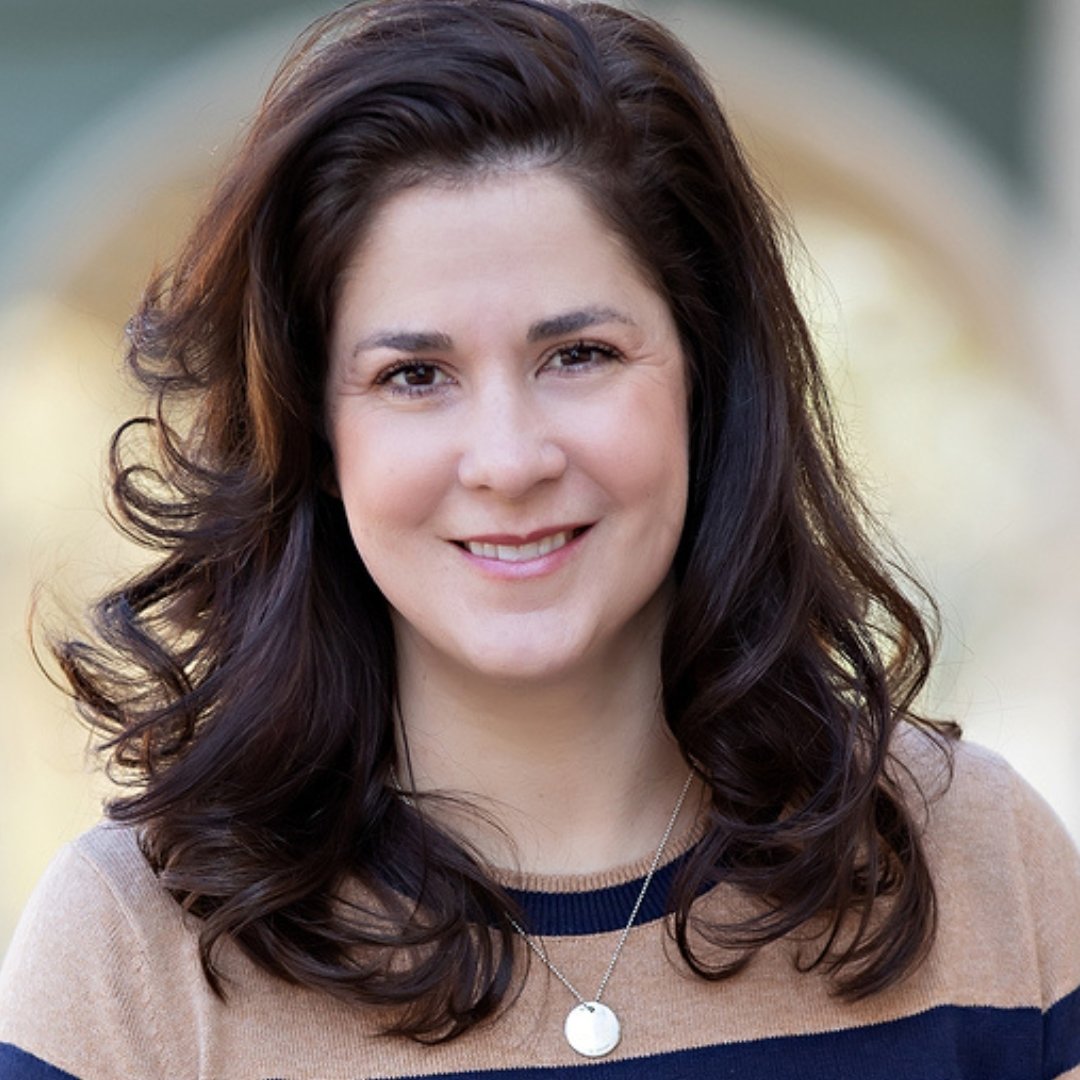Comparing Conventional and VA Home Loans for Military Homebuyers
It's only natural that when military families start thinking of buying a home, they formally or informally create a list of wanted and unwanted features in the next house. For example, your family could decide on an emphatic Yes! to a spacious loft area and deep bedroom closets. Or, they might decide a resolute No! to a stuffy formal dining room and creepy basement laundry room.
However, what is sometimes overlooked in the early stages of home buying, especially by first-time buyers, is learning exactly how to find the right funding for the perfect property. You can dream all day long about the perfect kitchen, but learning about the best loans for the purchase should be one of your first focus points. There’s a lot to learn about home financing options.
If you’re just starting the home loan research process, it's crucial as a military homebuyer to understand the differences between types of loans, mostly so you’ll have plenty of peace of mind and hopefully save money over the long run.
To start, you should know that there are two popular categories of home loans: conventional and government-backed. In case you’re eager to know upfront, the VA loan is a government-backed loan—more on this benefit will be discussed later.
This is a simple breakdown of conventional and government home financing options.
Conventional Home Loans
Private lenders offer conventional mortgages that are not guaranteed or insured by a government agency. The primary difference between conforming and non-conforming loans is that conforming loans have maximum dollar limits that adhere to federal underwriting rules, whereas non-conforming loans have fewer restrictions and offer larger home purchasing amounts to applicants.
 Photo by Chalirmpoj Pimpisarn from Getty Images via Canva.com
Photo by Chalirmpoj Pimpisarn from Getty Images via Canva.com
Conforming Loans
Conforming loans adhere to the guidelines established by government agencies such as Fannie Mae and Freddie Mac. Sometimes, loan shoppers find it easier to qualify for conforming loans. These loans may also have a lower interest rate and down payment requirements, depending on your credit score.
A conforming loan is any loan that doesn’t exceed Fannie and Freddie’s guidelines. For example, in 2025, the government says the conforming loan limit for a single-family house is $806,500 in most areas. However, the loan amount can reach $1,209,750 in some expensive housing markets, like the greater Washington, DC, area.
You can use an online tool like the one found at Nerd Wallet to calculate the conforming loan amount for the county you’re researching.
Non-Conforming Loans
Non-conforming loans are home financing options that rebel against limits set by Freddie and Fannie, usually with large loan amounts, and have the nickname "Jumbo." With this type of loan, you’ll see noticeable changes in lender rates, likely higher than a conforming loan, because you become a larger risk with an increased borrowed amount.
If you’re considering a non-conforming loan, your credit should be impeccable, and you’ll have to show that your income can easily support the large mortgage. Also, plan on your minimum down payment to come in above the typical 20%, by about 10% to 20% more. It's also possible that your jumbo loan’s interest rate is higher than other conventional loans.
Fixed-Rate Mortgage
Many homeowners prefer a fixed-rate mortgage because they prefer a stable interest rate that won’t bust their budget planning over the years, especially if they plan to stay in the home most of the loan’s term and build equity. A fixed-rate mortgage interest rate remains constant throughout the life of the loan, regardless of the term length, whether it's a 15- or 30-year term. However, you can refinance if the interest rates drop.
Adjustable-Rate Mortgage
Adjustable Rate Mortgages, or ARMs, change over the length of the loan. Typically, the initial rates are lower than those of a fixed mortgage, although they may vary according to the current national interest rate. For example, if the current rate is more than your initial rate, your payments increase; if it's lower, they decrease. You can, however, plan for the adjustment periods. Those are predetermined and are usually adjusted every five to seven years.
Have you ever heard, "No credit? No problem!" It often relates to loans for those with low credit scores. Can I Buy a Home with Bad Credit? dives into the details.
Government-Backed Loans
A government-backed loan is issued by one of three government agencies: the Federal Housing Administration (FHA), the U.S. Department of Agriculture (USDA), and the Department of Veterans Affairs (VA). These loans are available from a government-approved lender, and federal agencies guarantee a portion of the principal.
What You Should Know About the VA Home Loan
For military members, investigating the VA loan is often the best place to start, as the terms are highly favorable.
The VA home loan is a mortgage with more flexible lending standards compared to conventional loans. For example, a VA mortgage doesn’t require mortgage insurance or a down payment. This low-risk loan offers unbeatable terms and is available to active and veteran military members, as well as surviving spouses, who hold a Certificate of Eligibility from the Department of Veterans Affairs.
There are many questions to answer if you’re thinking of financing your home. We’ll discuss several key factors here as we compare a conventional loan with a VA loan.
 Photo by SDI Productions from Getty Images Signature via Canva.com
Photo by SDI Productions from Getty Images Signature via Canva.com
What is the minimum down payment required for a VA loan?
A qualified borrower may need a down payment of up to 20% with a conventional loan, but a VA loan doesn’t require a down payment. VA loans are not only attractive to the veteran borrower, but they are also a more secure investment for lenders.
How is VA Loan interest rate calculated?
The VA does not set interest rates; its official lender partners do. Most of the time, because the VA backs a portion of the loan, making you a less risky borrower, VA loan rates are typically lower than conventional mortgage rates.
The VA loan interest rate factors lenders use typically include consideration for the current national interest rate, the type of loan you’re asking for, the loan length and amount, and personal stats like your credit score and debt-to-income ratio.
To fee or not to fee? That is the funding question.
When financing more than 80% of the house’s value, a conventional loan requires the monthly expense of private mortgage insurance (PMI). VA loan lenders don’t require PMI, thanks to the Department of Veterans Affairs guarantee. However, most service members will pay a funding fee calculated based on their down payment, loan amount, and whether it's a first-time use, unless the applicant’s status meets the following exemptions from the U.S. Department of Veterans Affairs.
- You’re receiving VA compensation for a service-connected disability, or
- You’re eligible to receive VA compensation for a service-connected disability, but you’re receiving retirement or active-duty pay instead, or
- You’re receiving Dependency and Indemnity Compensation (DIC) as the surviving spouse of a Veteran, or
- You’re a service member who has received a proposed or memorandum rating before the loan closing date that says you’re eligible to get compensation because of a pre-discharge claim, or
- You’re a service member on active duty who, before or on the loan closing date, provides evidence of having received the Purple Heart.
You can even apply for a funding fee refund if you’re later awarded VA compensation for a service-connected disability.
Is it easier to qualify for a conventional or VA Loan?
If you’re adhering to guidelines set by Fannie Mae and Freddie Mac, a conventional loan is often difficult to qualify for. Because of strict credit and income requirements, a borrower may not make the cut for a conventional loan. Conventional loan borrowers must usually have a credit score of at least 620 (preferably higher for better interest rates) and a debt-to-income ratio between 36% and 43% or less.
With a guarantee from the federal government, there's a good chance that a borrower with access to a VA loan is more appealing to multiple lenders. Borrowers need a debt-to-income ratio of 41% to qualify for the VA loan, but the VA does not mandate a credit score. Their certified mortgage lenders do, and it usually sits at 620 or higher.
With these numbers in mind, it should be somewhat easier for most military members to qualify for a VA loan.
There’s a lot to learn about home loans, whether it’s your first home or simply the next PCS dwelling. Financing a property is a big commitment that requires homework on your part, but also the need for several experienced real estate pros familiar with conventional loan terms and the entire VA loan process.
For more one-on-one information, take a look at our business directory of lending advisors and real estate agents near you. Learn more about your VA loan benefit below!






